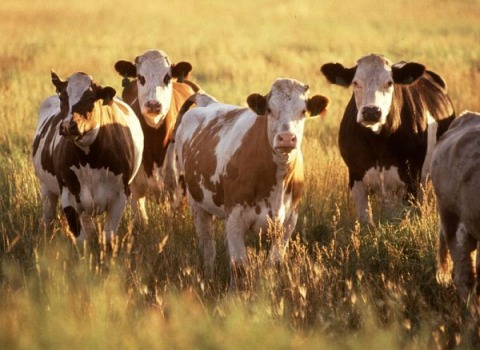
I suppose it is obvious that our rational inclinations include everything pertaining to seeking the truth, especially the most important truth, the truth about God. As the eyes seek to see, as the lungs seek to breath, so the mind seeks to deliberate and attain knowledge.
Surprisingly, Thomas Aquinas suggests that the family of tendencies that belong to rationality has a second branch too: Everything pertaining to “living in society,” for example, avoiding unnecessary offense. Why doesn’t he group the inclination to live in society with the inclinations we share with animals? Aren’t many animals naturally social?
The answer is that just because we are rational, human society is a radically different kind of thing than the “society” of cows. For us, to be social is not just to belong to an association for finding food or avoiding predators, important as those things are, but to belong to a partnership in pursuit of the truth. Seeking and knowing the truth is not a private endeavor; it is not the kind of thing that can be done apart from community.
This fact has far-reaching implications for the ordering of human society. It’s too bad we don’t often think about them.